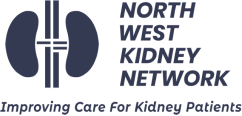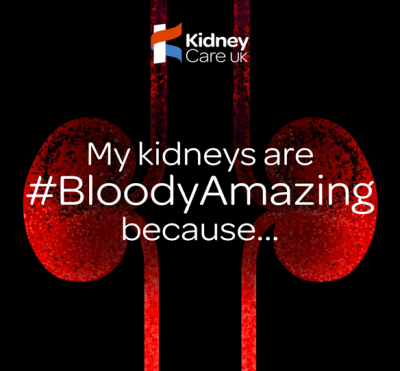CKD is a long-term condition. where kidney function declines over time- It is associated with poor mortality and morbidity and is a marker of cardiovascular disease. People with diabetes and high blood pressure are at higher risk of developing CKD and it affects over 3.5 million people in the UK with kidney disease now being called a public health emergency (Kidney Research UK 2023).
Around 300,000 people in the NW have been diagnosed with CKD and local data suggests many more are undiagnosed. CKD is often symptomless and early detection and timely interventions con halt progression and improve outcomes.
CKD, in its early stages. is managed in primary care. referral to secondary care is needed when the disease progresses, or when specialist Nephrology management is required. People with CKD or at risk of CKD should be assessed and monitored with the aim of preventing disease progression (NICE [NG203]). RSTP recommends a collaborative whole pathway approach to managing CKD and advises the best practice approach follows seven key principles.
- Integrated Kidney Care Clinic
- CKD case finding
- Coding
- Shared decision making
- Monitoring and risk reduction
- Integrated CKD dashboards
- Education and training of health core professionals.
Data in the NW indicates there is wide variation across several of the pathway stages, To address these inequalities the NWKN has three CKD workstreams, one for each ICB. These three workstreams have individualised aims that are based around the ICB they serve. All aims are focused on common drivers for change as set out in several national recommendations.
- Improve screening and detection in at risk populations
- Improve accuracy of coding
- Increase CKD patients receiving highly evidence-based treatment
- Reduce the rate of late presentation for RRT
- Reducing unwarranted variation in health inequalities
- Transformation and modification of Joint MDT Clinics Secondary and Primary care.
Kidney disease is a public health emergency, with national and local data suggesting unwarranted variation in care. In the UK, around 7.2 million people, accounting for over 10% of the population, live with chronic kidney disease (CKD). Without intervention CKD will continue to rise year on year. Targeted interventions are required to halt progression.
- CKD is a potent risk factor for cardiovascular disease surpassing diabetes as a risk factor for stroke, heart attack and hospitalisation.
- Kidney disease is often labelled as a "silent killer" due to its frequent lack of physical symptoms
- Delayed CKD diagnosis causes irreversible kidney damage
- Risk factors for CKD include diabetes, hypertension and obesity
- To accurately access and risk stratify patients with CKD, they need an annual blood test and urine albumin creatinine ratio (uACR).
General good patient resources about all aspects of kidney disease https:/
Diet: https://
Exercise : https://
Medications: https://
Alternative languages : https:/

